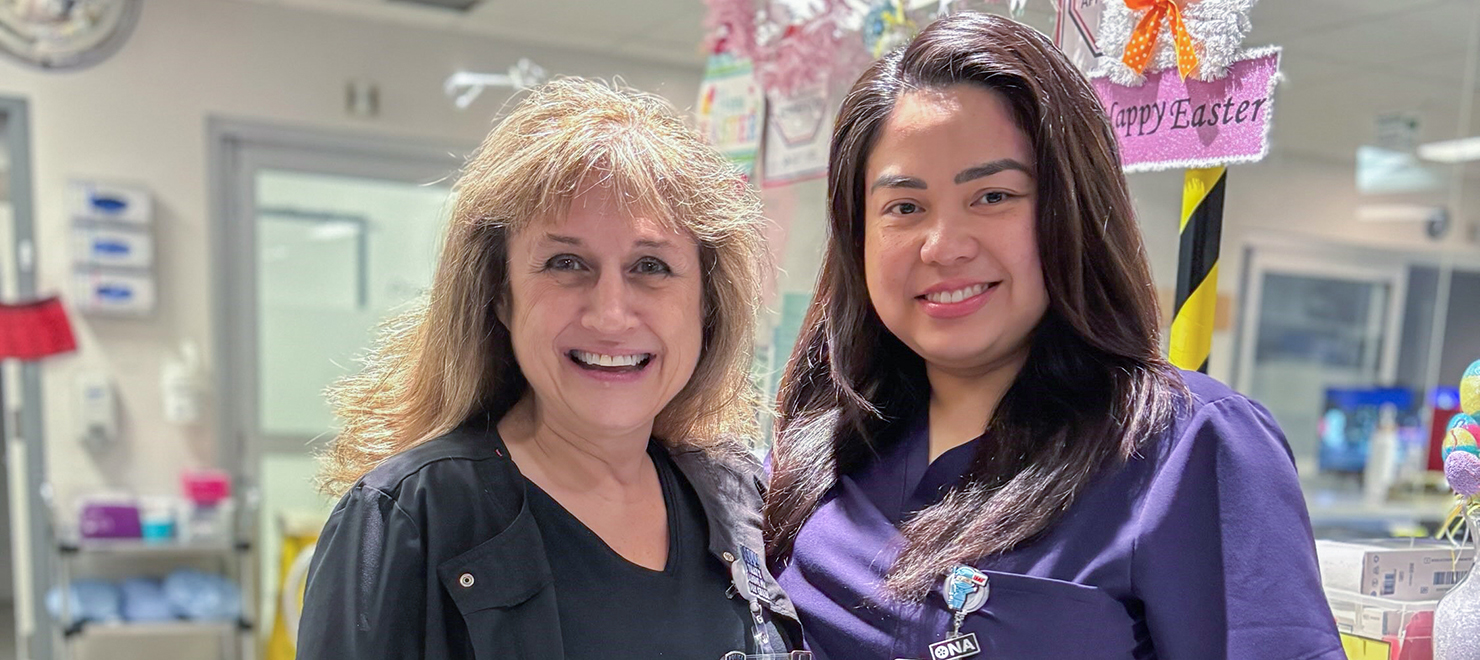
Did you know that nearly 500 people die from drowning in Canada every year?
Emergency physician Dr. Christian Vaillancourt debunks common myths about drowning, explains how to act quickly to save a life, and shares what you can do to keep yourself and your loved ones safe around water.
Drowning can happen to anyone
One of the biggest misconceptions about drowning is that it can’t happen when a lifeguard or many people are present. Another myth is that children are safe from drowning in shallow water or if they’re wearing water wings. But the reality is that drowning can happen to anyone who has access to water — and all it takes is enough water to submerge your face.
Even strong swimmers can drown. They might become fatigued, hit their head, suffer a cramp, get entangled underwater, or experience a medical emergency such as chest pain or a seizure. That’s why you should always swim with someone else.
Though drowning can happen to anyone, small children are especially vulnerable. They can drown in a shallow bath, a small plastic pool or even a bucket. Drowning is the most common cause of death in children aged one to four years old.
Early intervention saves lives
Victims pulled from the water are often unconscious and are either not breathing at all or only taking an occasional gasp. This gasping — also known as agonal breathing — is not normal breathing and is a sign of cardiac arrest, which is when the heart stops beating.
Acting within the first five minutes offers the drowning victim the best chance of survival. Call 911 and, if you are trained to do so, immediately begin cardiopulmonary resuscitation (CPR) and apply an automated external defibrillator (AED).
Drowning can usually be prevented
Here are the key ways you can help prevent a drowning:
- First and foremost, everyone should learn how to swim.
- If you own or manage a pool, keep the pool area fenced in and close the gate when the pool is not in use.
- If you have a toddler, you should never be more than an arm’s length away from them when they’re around water.
- If you are often near water, you should learn CPR and how to use a defibrillator.
Drowning prevention is a collective responsibility
Another way we can help prevent drownings is by raising awareness. Join us in making water safety a priority by sharing this short video featuring Dr. Vaillancourt:

Support patient care and research at
The Ottawa Hospital
You might also like…
Living with chronic pain? This online tool offers help — and hope
The Power Over Pain Portal is a free virtual resource hub designed to help empower youth and adults living with chronic pain through education and peer support.
What to do in an emergency: New first aid video series on YouTube
Would you know what to do if you saw someone experience a stroke, heart attack or opioid overdose? We’ve launched a series of easy-to-follow videos on YouTube that walk you through how to respond to common first aid emergencies.
Flu season 101: A quick guide to keeping the sniffles away
Got two minutes? This short guide could help you make it through flu season without stocking up on tissues.
Aging well: Guidance for older adults
In this special video series for both older adults and their loved ones, geriatric care specialists from The Ottawa Hospital offer guidance on navigating common health-care challenges that may arise with aging.
What’s the difference between an optician, optometrist, orthoptist and ophthalmologist?
“Do I need to see an optician, optometrist, orthoptist or ophthalmologist?” We asked Ophthalmologist Dr. Annick Fournier to break down each role so you will know who to consult for your specific eye care needs.
Novice nurses and their mentors learn and grow together
Discover how mentorships at The Ottawa Hospital facilitate a smoother transition into practice for novice nurses, allow experienced nurses to hone their leadership skills, and play a crucial role in retaining nurses from both generations.


 To reset, hold the Ctrl key, then press 0.
To reset, hold the Ctrl key, then press 0.





